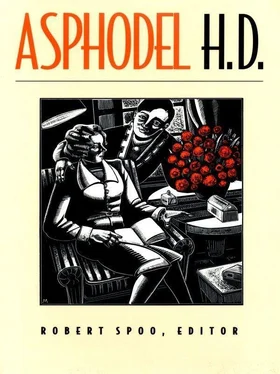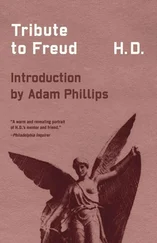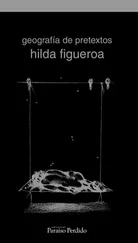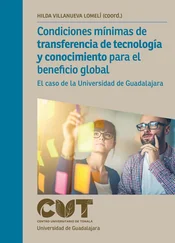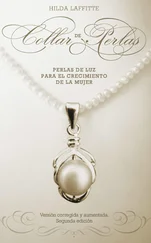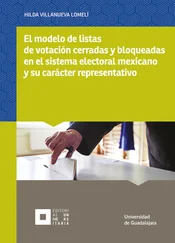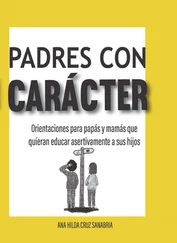Swans, a clear surface green lake. Nothing in the lake, no horror, no little mermaid crying for a human lover. Give me your voice and I will give you feet. The old witch under the sea asked the little Mermaid for her voice and in return she would have feet and then she could walk the earth as others and find her human lover. But we don’t fortunately want human lovers. Does Walter really want Vérenè? He thinks he does. It keeps him from rising up, up toward the surface of the sea. It keeps him down, down among the rose coloured bushes to love Vérenè. He is kept down by this love for he would go mad (and he knows it) if he rose to the surface of his consciousness, really heard the voices he is so bent on hearing. Music. Was Vérenè’s cello really music? Not in that sense, not in their sense. It was music of another order. Not of the Morse code Gart formula order. Not of the order of the music of the spheres and Plato actually getting the thing down, making the exact statement, the formula, giving them numbers and figures and design for the thing they knew already. Plato gave them a design. Clear thinking makes a pattern as regular and symmetrical as a plotted engineer’s plan or marine architect’s constructed boat prow. Thinking makes lines in the air. Plato’s formula.
It appears that there is a world within a world. We all live in some world (or several) but Christ lived in all. This is odd. Going on and on and on. The world of bed-bugs, of the stench of the stagnant water in the tooth-brush tumbler where she had stuffed the already half-wilted stems of the odd orange striped lilies she had some days ago bargained for in the Quai aux Fleurs. Throw the water away. Fresh water. Rinse out the tooth brush cup and find something else. But what else is there? The tea pot they had bought for their own teas at home, no not the pot, we’ll need it. Bother. Orange striped small lilies in a tooth brush tumbler. That’s our life here. But I don’t care. I love it. I love the sordid touch with Clara and Fayne Rabb. It gives character, poignancy and point to all this. And we live on nothing. I will have all that extra money and when they write me to come back, I shall just stay on. Of course, I know I can’t go back. I’d rather be a girl in a shop, rather scrub out hospital wards than go back. O, no, no, no, no. Du bist die Run’, du bist der Friede. O God why didn’t they really let me sing or something and that old Madame Terrone at Mrs. Merrick’s said she would take me for nothing. Funny old thing with huge chest and odd yellow teeth and a huge démodé pompadour and a voice that made you crouch low in your chair and pray to be dead. She sang the Erlkönig and I knew I would go mad for hers wasn’t an opera voice, everybody said so, but people begged her, prayed and implored but she wouldn’t take their daughters. “You have a quality in your voice. I would make you a good singer but only of chamber music, you understand. I will take you for nothing. Who are you?” “My — father — is a — a—professor of — of theorems and things. I don’t think I care for. . music.”
“I can never make out whether Walter’s a second rate Olympian or a first rate demi-god.” “No George.” “I can never make out whether his music has got him or he has got his music.” “Yes, George.” “And on the other hand, I can never see whether that little black beetle of a woman has entangled him or whether he really wants to marry her.” “Marry her, George?” “Yes. What do you think Dryad.”
“I don’t know what I think George. It seemed a matter of — of—” “Why don’t you ever achieve your utterances. You are an oracle manqué.” “Perhaps George, the — the — worshipper — I mean—” “Well, what do you mean? You seem, if I as your nearest male relative may say so, somewhat gauche, your clothes don’t look right. You seem somehow more provincial than ever.” “Provincial?” “Provincial. Or perhaps you prefer Surbiton.” Hermione was beginning to wish she had not after all seen George Lowndes, answered his peremptory summons. “Meet me at the Cottage Tea Rooms at the corner of Piccadilly Circus, upstairs, at half past three so we can get a table.” She had found the post card (forwarded from Paris to their London address and the day scratched in on the other side where George had fenced off a little space in pencil, “Friday. If I don’t hear, will look.”). There wasn’t time to say no. Why shouldn’t she see George?
“But I thought you were engaged to him” stormed Fayne Rabb “and then I thought you broke it off.” “I was engaged to him.” “Well, you don’t after you are engaged to people and then break it off, see them again, do you Madre? What would her mother think?” This was the first time in some weeks that Fayne Rabb had mentioned (ever so distantly) Eugenia. Clara as her way was, went on sewing. Leaves from Bloomsbury sycamores drifted down making a premature autumn. “ Madre . Tell her.” “I don’t know. Yes. No. Have you any, Hermione, by any chance sort of tan coloured sewing thread (they call it sewing cotton). This brown doesn’t look right. Yes. No. I mean, what were we saying?” “You heard what we were saying, Madre. Don’t you think it would be the height of foolishness of Hermione to see George Lowndes here away from home, in London where conventions are so strict, where everything is different?” “Yes. No. I mean you say you broke off the engagement, didn’t you?” “Well yes. I broke it off or rather he did.” “ He did?” “Well you see there’d been a row but I’ve told you all about that. And I was ill but you know I never like — to — talk about — it—” “Well, why should you see him?” “I don’t know. . after I was well again. . after Fayne came back again, he wrote.” “He would do. . after everything was over.” “He was in Spain then, lying in the sun. He sent me yellow jasmine.” “Jasmine? Pretty mangy jasmine, I should imagine.” “It wasn’t somehow. Something (it was dry but full of colour in the envelope) happened to it.” “Like Saint Elizabeth and the roses—” “Yes. Something. It smelt of — of—” “Of what? Stutter. Stammer. Can’t you ever achieve your meaning?” “That’s like George. Sometimes, Fayne, you are just like George. That’s how George used to go on at me.” “Well, anyhow, should she, Madre?”
Should she. Shouldn’t she. One I love, two I love. “Clara, I have found the very exact shade you’re looking for.” “Hermione, I wish Paulet would be as interested in her things as you are. All so neat.” “No. It was mama — Eugenia who prepared my little work bag. Things I’d never think of. My mother you know. I call her Eugenia except when I’m at home. She’s mama at home.” “Why, pray, Eugenia?” “It’s her name. My grandfather had a sort of adoration for the empress—” “Empress?” “Eugénie.”
Should she. Shouldn’t she. Leaves prematurely drifting down from tall peeling sycamores. Strange scent of sun-burnt sycamores (that was a rare hot early autumn) and the odd curious cut-off feeling like being in a birds cage, high up above the old square with the corner going on and the other corner going on. The corners seemed to be separated, odd square boat hulks stranded there, all so quiet, rumble in the distance, rumble, rumble, the eternal rumble of London. Cut apart in their little back-water. Bloomsbury.
“Well but if you have broken it finally — off—” “Well. I mean, we did. I mean he did. Then he came back and we got engaged again.” “Well that alters everything.” “I mean we got engaged then we — I mean he — no it was I this time — I mean I broke — it — off — I mean it was broken off—” “Well are or are you not engaged to George Lowndes?” But how answer that thing? “I don’t know, Josepha. I had better ask him.”
Читать дальше
